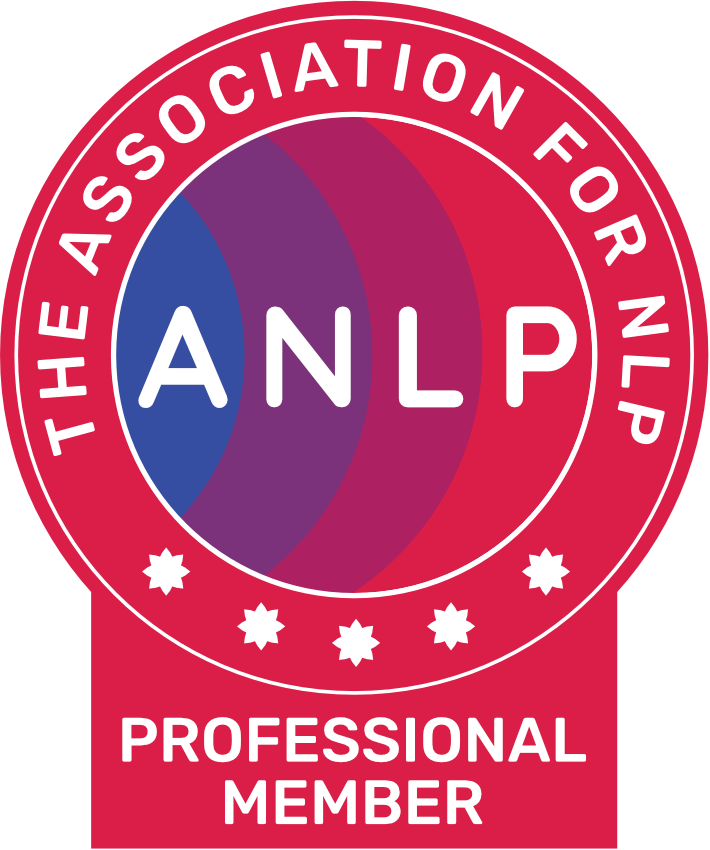Following a traumatizing incident, it’s not unusual to experience symptoms of anxiety.
If your world is completely turned upside down and your emotions are triggered, you need enough time to deal with the trauma. It’s an everyday fact of life, and it’s normal to feel stressed after experiencing natural disasters, sudden illnesses, abuse, or even dangerous accidents.
At some point, we begin to think that an anxiety-related normality is now a chronic state in post-traumatic stress disorder (PTSD).
Anxiety is the body’s “fight or flight” response to threats.
The bodily sensations like sweating, heart palpitations, reduced appetite, and elevated blood pressure are the body’s way to benefit you in getting out of the danger of a circumstance. After a period of denial and shock, some people feel anger, sadness, and helplessness.
These are emotions that help them comprehend their new world. If someone develops post-traumatic stress disorder, signs of anxiety will continue to manifest, and their brains won’t be able to accept that they are now secure.
How Do I Know I’m Experiencing Prolonged PTSD, Not Anxiety?
The signs that you’re suffering from symptoms of PTSD and not the normal anxiety range include vivid flashbacks or nightmares about the event that caused you to experience anxiety and distress.
Other signs include altering your behavior to avoid being provoked or feeling numb and keeping an eye on possible threats.
These symptoms can be disruptive and may disrupt daily activities. They also can affect relationships with friends, family, and colleagues. The support of a therapist and establishing relationships with other survivors may benefit in easing the pain.
Connection with Anxiety
There may be a connection with anxiety-related disorders as well as PTSD. The symptoms of anxiety include a sense of restlessness, being anxious and easily exhausted or angry, having trouble staying focused, and feeling anxiety and fear.
People with the condition also suffer from generalized anxiety disorder, in which they experience intense anxiety symptoms regularly.
Sometimes, it is difficult to distinguish between the symptoms of anxiety disorder and PTSD. However, those suffering from anxiety do not have to be impacted by trauma to experience anxiety. They can suffer from anxiety-related symptoms without the triggers.
The most significant distinction between PTSD and anxiety is that those who have PTSD generally experience symptoms that are triggered by an event that is traumatic or a series of events. To gain some understanding of the symptoms you’re experiencing, you can take an online test for PTSD and anxiety testing.
If you’re suffering from PTSD and anxiety, you must keep in mind that you’re not alone. Throughout human life, stressful situations are often inevitable, and the vast majority of us do not walk through the world unharmed by intense anxiety. It’s believed that 60 percent of males and 50 percent of women within the U.S. will encounter at some point a traumatic incident.
But, not all suffering from trauma will be diagnosed with PTSD. Just 4 percent of males or 10% of women suffer from a disordered reaction to trauma-related stress.
How Long Will Ptsd Last?
When it comes to research on long-term PTSD, the numbers get smaller. A study of rape victims discovered that 94% suffered from symptoms of PTSD within a week of the attack, and by nine months, the percentage had dropped to less than 25 percent.
It’s generally accepted that the median duration of the condition is three years when the appropriate treatment is provided and five years with no treatment.
If you don’t receive the proper psychiatric care for this condition within six years, it is likely to cause a more difficult recovery. That’s why we shouldn’t be afraid to contact certified mental health professionals following the trauma.
We should be evaluated for PTSD and adequately treated. There’s no reason to be rewarded for ignoring the issue or enduring silence.
Various Aspects
There are a variety of aspects that contribute to the development of chronic PTSD.
For instance, alcohol and addiction to drugs will both intensify symptoms and disguise the severity of the symptoms. Insisting on self-medicating to alleviate anxiety instead of dealing with it can make things worse in the end.
A counselor can help you develop healthier coping talents that do precisely what you’re hoping drugs can do to increase your overall quality of life. If you’re struggling or have issues adapting your coping skills, the therapist you choose to consult will assist you without judgment.
It’s sometimes difficult to breathe when you’d prefer to drink, but the science suggests that drinking alcohol can lead to better mental health in the long run.
Comorbidity and PTSD
Other elements that may affect the intensity and duration of a person’s response to a trauma experience include recurring experiences with trauma as well as other conditions like depression, phobias, and obsessive-compulsive disorder (OCD).
Long-term PTSD may indicate that different issues require attention when treating, and finding a therapist who is knowledgeable about comorbidity (i.e. the simultaneous presence of more than two ailments) is crucial in regaining.
For example, you might require time to work on the depressive symptoms before dealing with PTSD. Treatments are usually multi-layered and non-linear. We heal in our own way, in our ways.
The most serious dangers for our health must generally be dealt with first but in a different order. For instance, if you’re experiencing suicidal ideas due to depression this w, this will be the priority over the PTSD-related fears of public areas.
Seeking Help is Crucial
Knowing the distinction between anxiety PTSD and prolonged PTSD is an essential initial step in becoming educated about the consequences of trauma. However, identifying the symptoms may be more complex than saying.
Research has revealed that the biggest obstacle to obtaining benefits is those who believe they do not have a problem.
Other issues include the cost of treatment as well as the inadequacy of knowing of the existence of resources as well as anxiety about forced admission to hospitals, barriers in language, and poor experiences with hospitals or the quality of care.
This is the reason it’s so crucial and beneficial to inform our community and act when someone you love is suffering. When anxiety has crossed the line into the realm of PTSD, The data indicates that treatment is the only difference.
It’s unnecessary to go through it independently and hope things improve. We need the help to overcome PTSD and emerge better off from the experience.



